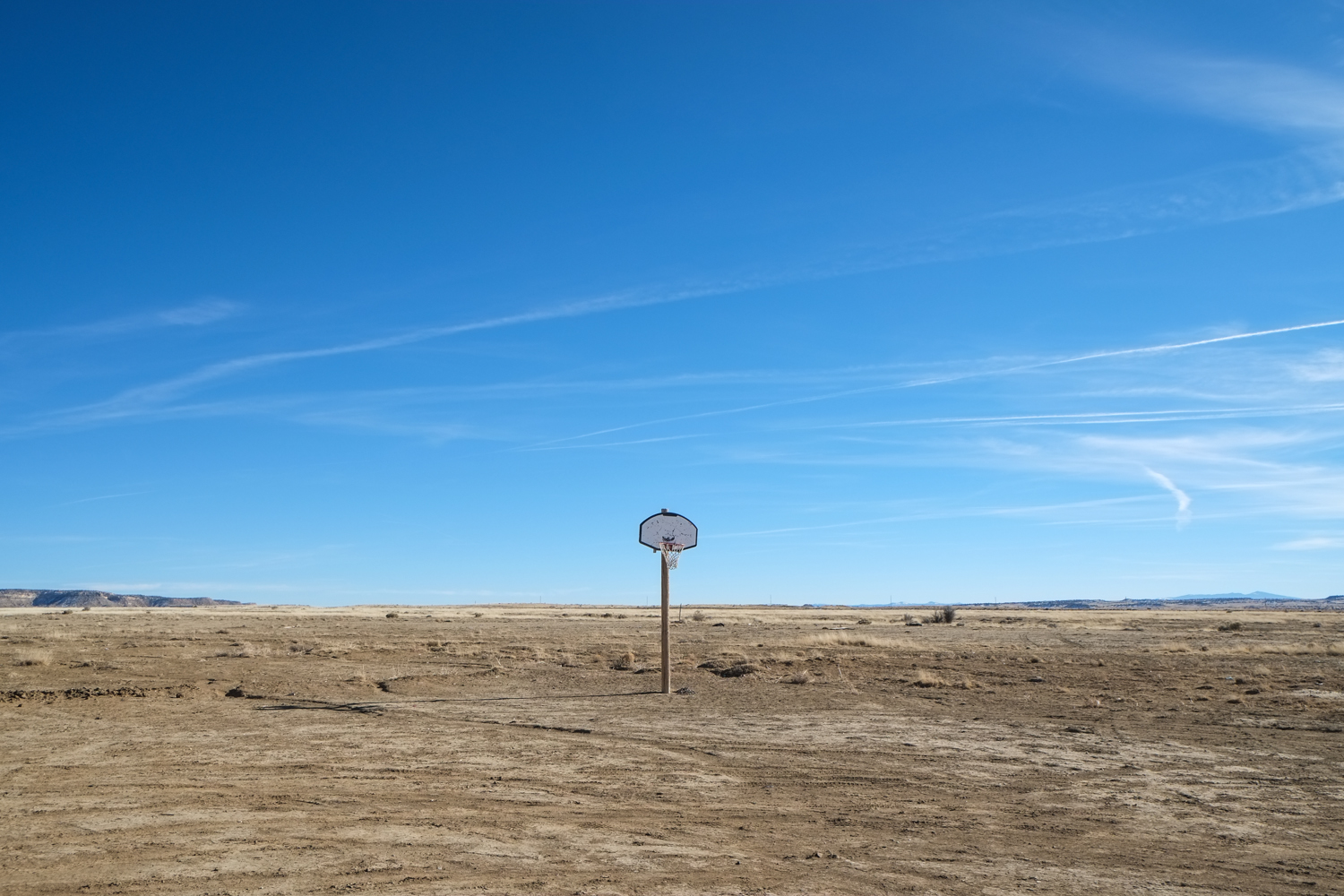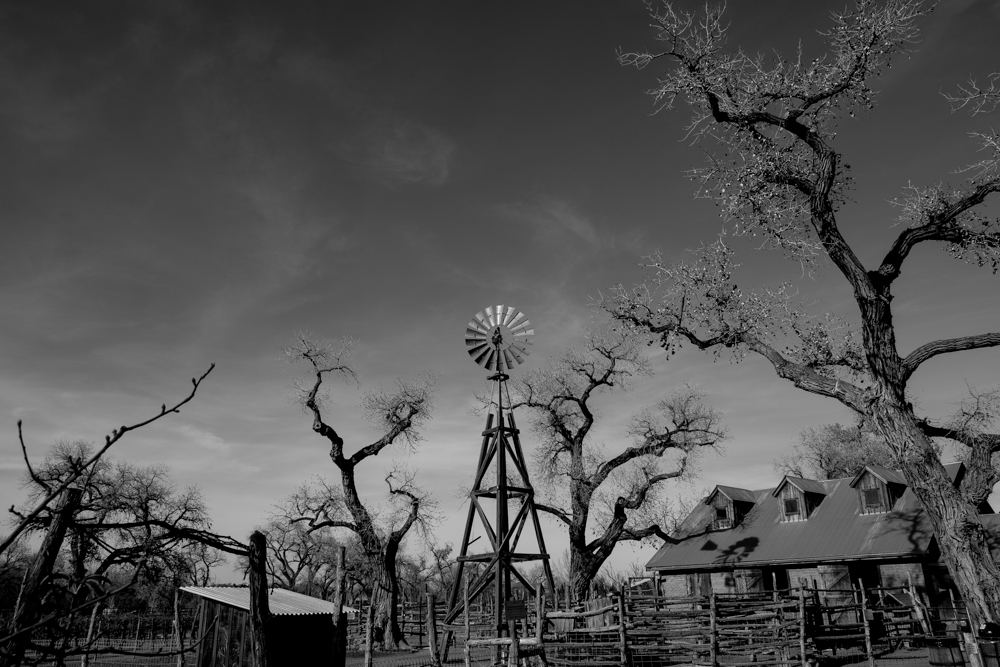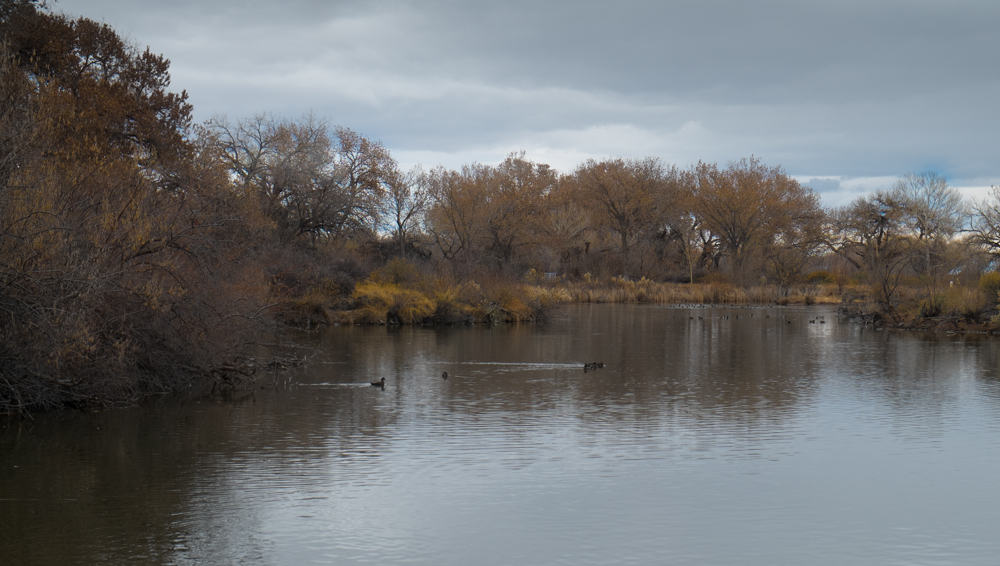It is said that Chinle, a Navajo community in northeastern Arizona, has one of the largest high school basketball gyms in the country. Basketball is very popular in Indian Country.
Under the street art
the China butcher
Here is an item I ran across this evening while reading old California newspapers. It appeared in the Daily Evening Bulletin of San Francisco,Tues. Feb. 15, 1876:
Last week, at Jacinto, a Chinaman got his left arm broken between the wrist and elbow. He came to Chico for assistance and called upon the China butcher, who is also a professor of surgery. He immediately proceeded to work and put the bones in place, procured a young rooster, killed it, and broke every bone in it, and with the mangled fowl bound up the arm in a firm and compressed manner. In less than twenty-four hours the man was able to move his fingers, and this butcher-surgeon says the arm will be well in a week.
The Windmill
“For certain specific purposes, and, primarily among them, for pumping water in moderate quantities, the windmill is not only a thoroughly reliable, but at the same time the most economical prime mover, and as far as judgment can now be passed, will hold this place for many years to come.”
– Alfred R. Wolff, The Windmill as a Prime Mover, 1885
“The only water we had, we fetched from wells, and lucky indeed, was the family that could afford a windmill.”
– anonymous resident describing life in Tucson’s barrio in the 1890s
Does drought matter any more?
In Southern California, the link between weather and water has been inextricably broken. Here’s Bettina Boxall on why L.A.’s driest year, ever, doesn’t matter all that much:
Although this year’s No. 1 ranking makes for an interesting conversation piece, it has little practical effect. As anyone driving around Los Angeles can see, lawns are still green, swimming pools are full. Southland water officials aren’t sounding the alarm bells.
It has been a century since Angelenos relied primarily on local sources for their water. The city is mostly sustained by imports from other parts of California and the Colorado River. And though it has been dry all over, regional water managers say they have ample supplies in reserve.
Playing with tools I don’t understand very well
The shortcomings of the Endangered Species Act in western water
[I]n places where there is no river-dependent species listed as threatened or endangered, environmental factors often carry little weight in water management. Without a listed species, water allocation and management often ignore the health of the river. And even where listed species do exist, focusing on the needs of a single species (as the ESA does) may do little or nothing for other wildlife, or for river recreation. In short, the ESA protects only one of the important values that rivers provide.
Also, a discussion of the critical question of what counts as a “discretionary action” by a federal actor in an ESA drama.
Water in the desert: quiet of winter
Stuff I wrote elsewhere: Albuquerque a victim of water conservation success
When you sell less water, you make less money selling water. It’s the modern water agency dilemma:
Albuquerque’s municipal water agency may need another rate increase to dig out of a growing financial hole left by the community’s water conservation success, agency officials acknowledged in a report this week to their board.






